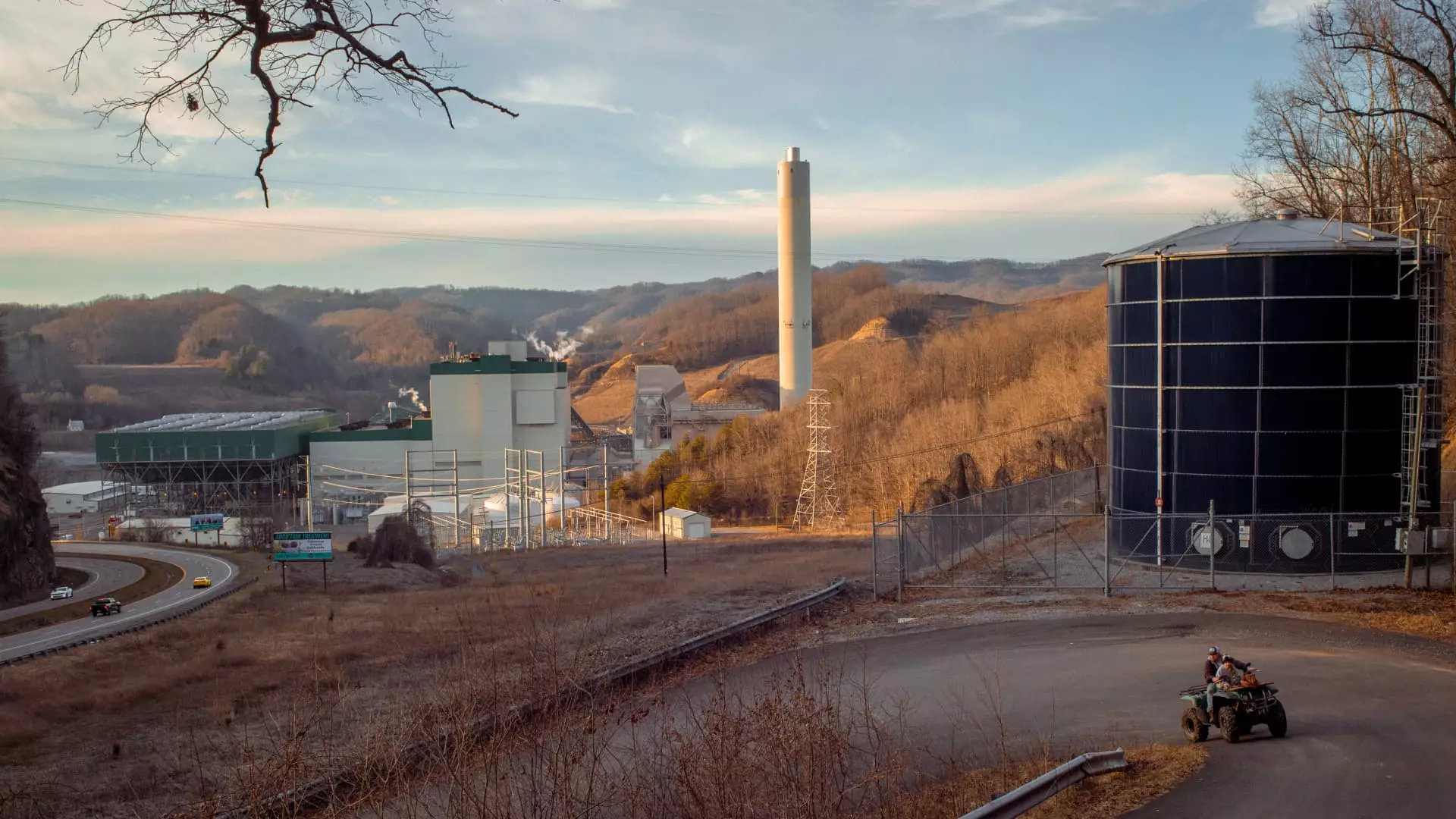The energy sector is witnessing a profound transformation as companies increasingly explore sustainable and reliable power sources. At the forefront of this shift is Dominion Energy, which is actively engaging with technology giants to pioneer the development of small modular nuclear reactors (SMRs). This initiative aims to align with the interests of major corporations that are seeking to secure carbon-free power as the demand for energy surges, particularly due to the burgeoning needs of artificial intelligence and data centers.
Dominion’s recent collaboration with Amazon marks a significant milestone in this endeavor. The utility firm has signed a memorandum of understanding to explore the feasibility of constructing an SMR adjacent to its North Anna nuclear station in Louisa County, Virginia. According to Dominion’s CEO, Robert Blue, the interest shown by major industry players represents a promising outlook for SMR technology. Blue emphasized that the partnership will not only advance nuclear technology but also stabilize energy resources, which are essential for meeting the increasing energy requirements of businesses.
What makes Virginia particularly conducive to this initiative is its reputation as one of the most nuclear-friendly states, with bipartisan support for innovative nuclear projects. This political landscape creates fertile ground for Dominion to pursue ambitious nuclear ventures that promise a sustainable and diverse energy portfolio. The appeal of nuclear technology is heightened as businesses recognize Dominion’s proven track record as a reliable operator in this field.
As technological giants collaborate on energy solutions, the investment in nuclear projects has escalated significantly. For instance, companies such as Microsoft and Google are also exploring nuclear power agreements to secure clean energy for their respective operations. Microsoft’s agreement to source power from the Three Mile Island plant and Google’s deal with Kairos Power underscore a growing trend where tech firms are prioritizing sustainability as they expand. This collaboration signals a shift in corporate priorities, emphasizing the need for clean, stable energy sources in an increasingly energy-intensive digital economy.
Small modular reactors represent a promising innovation within the nuclear industry. These reactors are designed to be more efficient and cost-effective while requiring less space for installation as compared to traditional larger reactors. The modular approach facilitates quicker deployment and potential scalability, which can cater to local energy needs and reduce the burden of high capital costs.
However, despite the potential these small reactors hold, moving from concept to commercialization has proven challenging. Currently, there are no operational small modular reactors in the United States, which raises questions about the regulatory framework, investor confidence, and technological readiness. The successful advancement of these reactors will require overcoming these hurdles as stakeholders continue to emphasize the importance of public safety and environmental standards.
As the dialogue between Dominion Energy and major technological companies flourishes, the prospect of small modular reactors as a cornerstone of America’s energy future looks increasingly hopeful. It is crucial for all parties involved to work collaboratively towards addressing the challenges associated with these technologies, fostering innovation, and unlocking a more sustainable energy landscape. The convergence of nuclear energy with the technological ambitions of the modern world could well tailor the future of energy consumption, offering an alternative that seamlessly bridges growth and sustainability.

